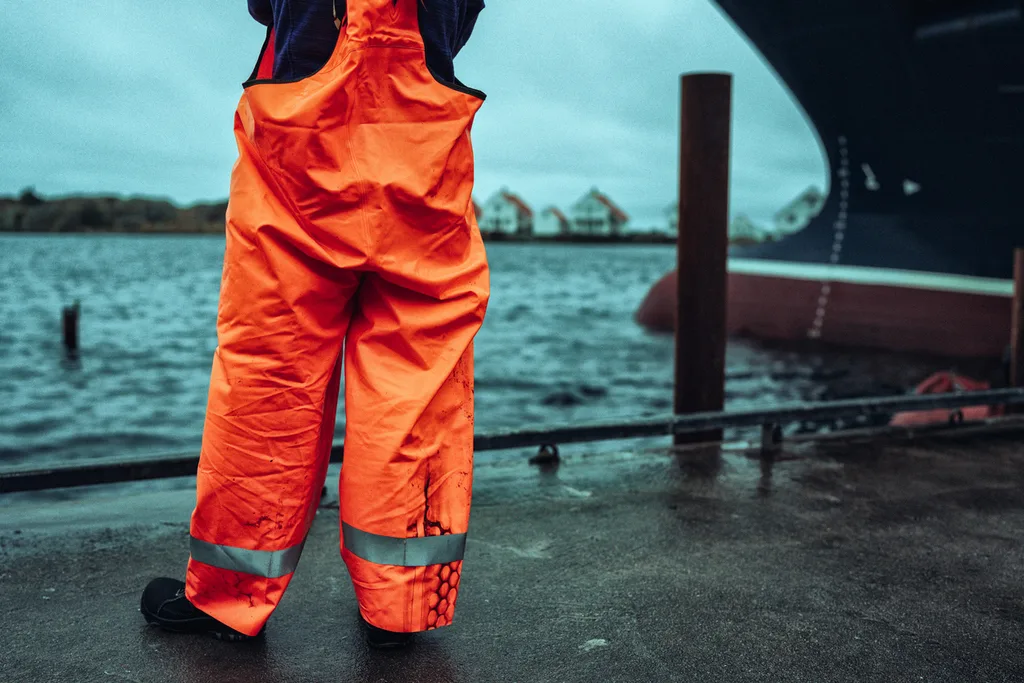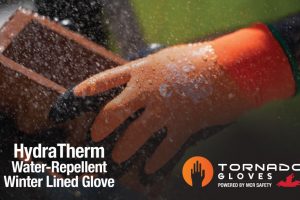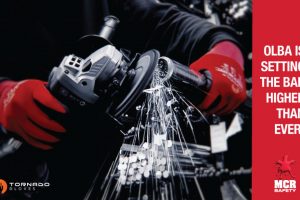Practitioner viewpoint – April 24
While the world recently celebrated International Women’s Day, Louise Ward looks at some of the issues women can face when it comes to welfare facilities and suitable PPE.

I READ with interest some really inspirational postings on social media promoting International Women’s Day. It’s fantastic to see women across the world united in promoting the value that diversity brings to the workforce, celebrating equity of opportunity and the freedom to choose career patterns and lifestyles to suit their own aspirations and circumstances.
However, I work in a sector where the workforce is still largely male dominated and we struggle to attract new talent. Chatting with some of female staff at our own International Women’s Day event I have to question whether we are getting the basics right. They weren’t talking about high level strategy, career development programmes or even networking opportunities. What did they want most of all? Access to clean and safe toilet facilities when away from our sites, the ability to keep food cold or heat it up at meal times, and uniform and PPE which fits them properly.
Access to welfare facilities is a complex problem in the rail industry, particularly for freight and infrastructure staff. These roles are by their very nature mobile, and the staff spend large portions of their working day away from company locations, often in remote areas with little infrastructure. Each company provides facilities for their own staff at their own sites, and with a plethora of different organisations making up the railway ecosystem, they are not always able to access facilities belonging to other companies. COVID shone a spotlight on this. When the fast food chains and public buildings locked down, we found ourselves with a population of key workers who had little or no access to toilets and washing facilities, or healthy nutrition. Companies stepped in with temporary measures, but it’s really sad to see that the industry was not able to build on this and drive permanent improvements on the back of these short term solutions. Ultimately, some kind of national lead is going to be required to broker lasting change – but in the interim the staff have drifted back to the fast food chains and public buildings for their basic needs.
This is enormously frustrating, but for me it’s even worse to hear that in 2024 female staff still feel that, when it comes to uniform and PPE, they have to choose between comfort and safety!
I can’t tell you how many times in my career I’ve had to manage in men’s clothing! Breaking News!!! Women are a different shape to men!! Not exactly rocket science is it? So why are so many clothing providers still not offering all of their products to a single specification, designed to fit both the male and female form? Not only is it uncomfortable to have to work in clothing and footwear that doesn’t fit you properly, it also increases the risk of accidents, injuries and ill health.
There are now companies out there producing ‘female fit’ PPE and workwear. However many of these products are produced in the far east where women are a very different size and shape to those here in Europe. Inevitably this means that a garment in the size that you would select on the high street comes up way too small, forcing you to go up 3 or even 4 sizes to get something that fits, which massively impacts self confidence and self esteem. The specification is frequently different too, with ‘women’s fit’ items manufactured to a lower quality with inferior fabrics, fastenings and finishing.
How can this be OK?
Key industries across the UK are facing a massive skills gap – and if we’re going to address this we have to be able to draw on talented people across the whole spectrum of society. But how are we ever going to attract and retain them if we can’t get these very basic things right?
It’s great to be aspirational and build a vision of an empowered and enabled workforce of the future – but if this isn’t being built on a strong foundation of basics done right, then it’s unlikely to succeed.
Surely in 2024 we can do better than this?
What part can you play in fixing the basics to support the workforce of today, and encourage the workforce of tomorrow?
Louise Ward is safety & sustainability director at G&W UK – Safety. For more information, visit
HSM publishes a weekly eNewsletter, delivering a carefully chosen selection of the latest stories straight to your inbox.
Subscribe here





